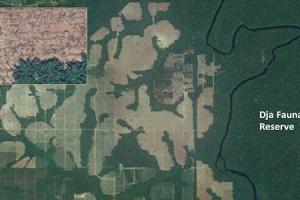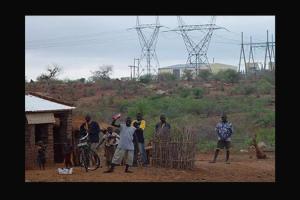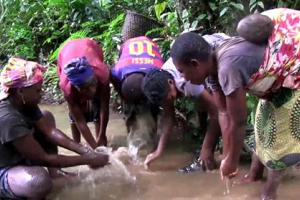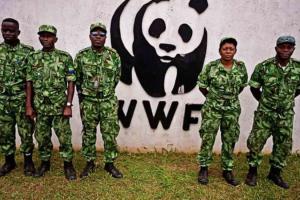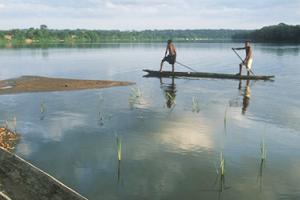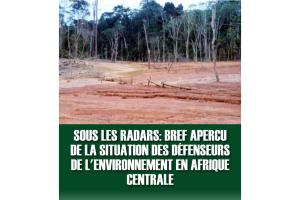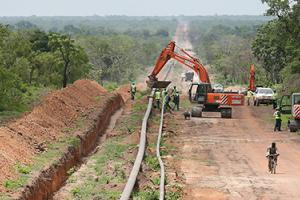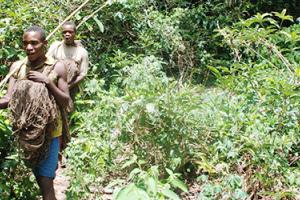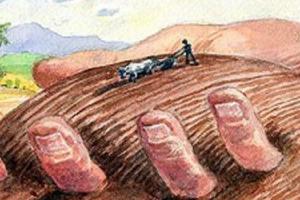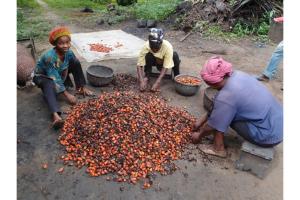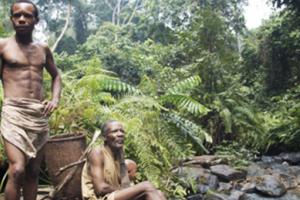How secrecy and collusion in industrial agriculture spell disaster for the Congo Basin’s rainforests.
Congo R
Bulletin articles
9 January 2018
The Programme of Infrastructure Development for Africa (PIDA) was adopted in 2012 with the aim of connecting the continent’s energy, transport, water and communication infrastructure. But what kind of infrastructure does “Africa” really need and who is getting more access with such initiative? This article looks into the hydropower dams proposed for PIDA
Bulletin articles
23 November 2017
In West and Central Africa, the many radically different ways in time and space of how people relate to and manage land reflects the many forms of customary tenure that interact and overlap between themselves as well as with statutory law. This article highlights the reflections of four activists from West and Central Africa.
Other information
23 November 2017
A new Survival International report documents serious instances of widespread and systematic human rights abuses between 1989 and the present day in Cameroon, the Republic of Congo, and the Central African Republic (CAR) by wildlife guards funded and equipped by the World Wildlife Fund (WWF) and the Wildlife Conservation Society (WCS), the parent organization of New York’s Bronx zoo. Documented abuses and harassment are likely just a small fraction of the full picture of systematic and on-going violence, beatings, torture and even death.
Bulletin articles
13 July 2016
The Congo Basin in Central Africa contains the second largest forest in the world. Its extensive territory is shared by six countries: the Democratic Republic of Congo, the Republic of Congo, Gabon, Cameroon, the Central African Republic, and Equatorial Guinea. With this Bulletin we seek to explore in depth and report on the intense land-grabbing that people are confronted with and resist in this region—a forested area that houses and provides the livelihood and sustenance for around 30 million people.
Other information
13 July 2016
This report aims to draw attention to violations and threats that environmental justice defenders in Central Africa are facing, specifically in the Congo Basin. The report is based on two studies. The first concerns the legal framework for the protection of environmental justice advocates in Central Africa. The second focuses on the inclusion of communities' rights in Central African countries.
Read the report in French.
Bulletin articles
13 July 2016
(*)
Bulletin articles
13 July 2016
Other information
13 July 2016
A video produced by GRAIN shows how rural women in West Africa are working to protect traditional palm oil production in the face of the destructive expansion of industrial oil palm plantations.
Watch the video here.
Other information
16 September 2015
A report from the Rainforest Foundation UK, shows how attempts of community based forest management in the Congo Basin thus far have not been able to transfer meaningful rights or benefits to local communities. Only around 1% of the total Congo Basin is under the formal control or management of local communities while industrial-scale logging represents by far the biggest land use in the region.
Bulletin articles
10 July 2015
